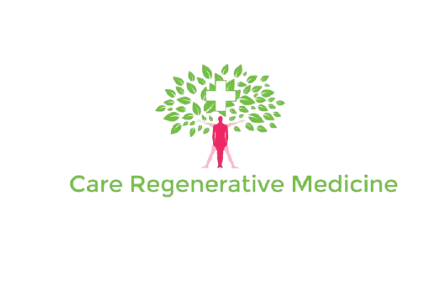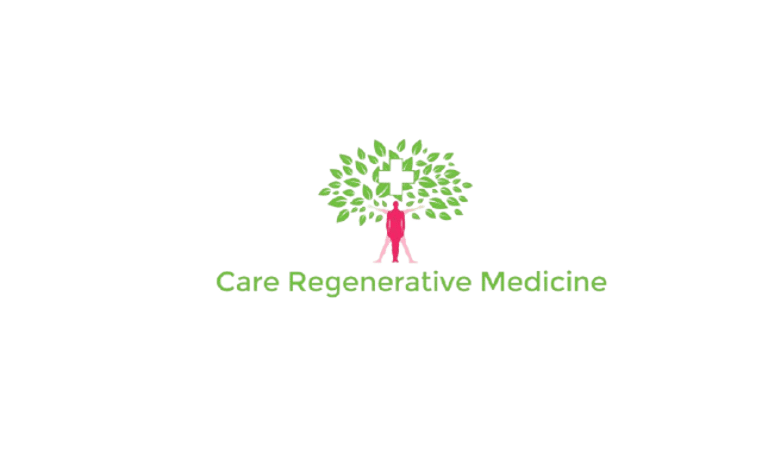
Further Treatments
Besides Autologous Immunotherapy, we at Care Regenerative Medicine also offer supplementary treatments to aid in your primary cancer treatment.

The Potential Benefits of Intravenous Hydrogen Therapy for Cancer Patients
Intravenous hydrogen (H₂) therapy is an emerging area of research in cancer treatment due to its antioxidant, anti-inflammatory, and protective properties. While still in the early stages of clinical investigation, this therapy has shown promise in alleviating oxidative stress, inflammation, and treatment-related side effects, potentially enhancing the effectiveness of conventional cancer treatments.
Reducing Oxidative Stress and Protecting Healthy Cells
Cancer is characterized by excessive oxidative stress, which contributes to DNA damage and promotes tumor growth. Moreover, cancer treatments such as chemotherapy and radiotherapy generate high levels of reactive oxygen species (ROS), which can damage not only cancer cells but also healthy tissues. Hydrogen acts as a selective antioxidant, meaning it specifically neutralizes harmful free radicals—such as hydroxyl radicals—without interfering with beneficial ROS necessary for normal cellular functions. By doing so, hydrogen may protect healthy cells from damage, potentially reducing the adverse effects of chemotherapy and radiation while still allowing these treatments to effectively target cancer cells.
Anti-Inflammatory Properties and Cancer Progression
Chronic inflammation plays a significant role in cancer development and progression. Many tumors create an environment that fosters inflammation, which promotes cancer cell survival and proliferation. Hydrogen therapy has been shown to suppress pro-inflammatory cytokines, such as tumor necrosis factor-alpha (TNF-α) and interleukin-6 (IL-6), which contribute to cancer-related inflammation. By reducing inflammation, hydrogen therapy may help slow down tumor growth, alleviate pain and discomfort, and improve overall patient well-being.
Enhancing the Effectiveness of Chemotherapy and Radiotherapy
While chemotherapy and radiotherapy are among the most effective treatments for cancer, their effectiveness is often limited by toxicity and side effects. Hydrogen therapy has shown potential in protecting healthy tissues from collateral damage caused by these treatments. Research suggests that hydrogen may allow patients to tolerate higher doses of chemotherapy and radiation by minimizing the harm to normal cells. This could lead to better treatment outcomes while reducing the severe side effects that often accompany aggressive cancer therapies.
Reducing Side Effects and Improving Quality of Life
Cancer treatments often lead to significant side effects, including fatigue, nausea, oxidative stress, and organ damage. Hydrogen therapy has demonstrated protective effects on vital organs, such as the liver, kidneys, and heart, which are often affected by chemotherapy drugs. Additionally, studies indicate that hydrogen therapy can reduce fatigue and improve energy levels, leading to a better quality of life for patients undergoing cancer treatment. Patients who receive hydrogen therapy often report feeling less exhausted, having a better appetite, and experiencing improved overall well-being.
Preventing Tumor-Induced Systemic Damage
Cancer does not only affect the tumor site—it can have a systemic impact on the body, creating an environment of oxidative stress and inflammation that leads to organ dysfunction. This systemic damage can significantly weaken a patient’s overall health and response to treatment. Hydrogen, through its antioxidant and anti-inflammatory properties, may help protect organs and tissues from the indirect damage caused by tumors, preserving their function and allowing the body to better withstand cancer therapies.
Potential Tumor Suppression and Anti-Cancer Effects
Emerging preclinical studies suggest that hydrogen therapy may directly influence tumor growth and metastasis. While the exact mechanisms are still under investigation, researchers believe hydrogen affects cellular signaling pathways involved in apoptosis (programmed cell death) and cell proliferation. By modulating these pathways, hydrogen therapy may contribute to slower tumor growth and a reduced likelihood of cancer spreading. However, while initial findings are promising, further clinical studies are needed to confirm hydrogen’s direct anti-cancer effects in human patients.
Cytoprotective Effects and Long-Term Benefits
Another important benefit of hydrogen therapy is its cytoprotective properties, which help protect healthy cells from damage and apoptosis (cell death) caused by oxidative stress. This is particularly significant in cancer treatment, as preserving the integrity of normal tissues is crucial for maintaining overall health while undergoing aggressive therapies. By shielding healthy cells without interfering with the destruction of cancer cells, hydrogen therapy may help patients recover faster and reduce the long-term toxic effects of chemotherapy and radiation.
Current Research and Future Prospects
Although hydrogen therapy has shown promise in animal models and early-phase clinical trials, more extensive human studies are required to determine its full potential in cancer treatment. Current research is focused on understanding the most effective methods of hydrogen administration, optimal dosing, and its long-term safety. Additionally, scientists are exploring the possibility of combining hydrogen therapy with other cancer treatments, such as immunotherapy and targeted therapies, to enhance its effectiveness.
Conclusion
Intravenous hydrogen therapy is emerging as a potential complementary treatment for cancer patients, offering protective, anti-inflammatory, and antioxidant benefits. By reducing oxidative stress and inflammation, minimizing treatment side effects, and potentially enhancing the efficacy of chemotherapy and radiotherapy, hydrogen therapy has the potential to improve both treatment outcomes and patient quality of life.
Hydrogen Therapy
Suite 2-3, Wisma Life Care, 5, Jalan Kerinchi, Kuala Lumpur, Malaysia, 59200
+ (60)163225035 (WhatsApp)
+ (60)122963089 (WhatsApp)


